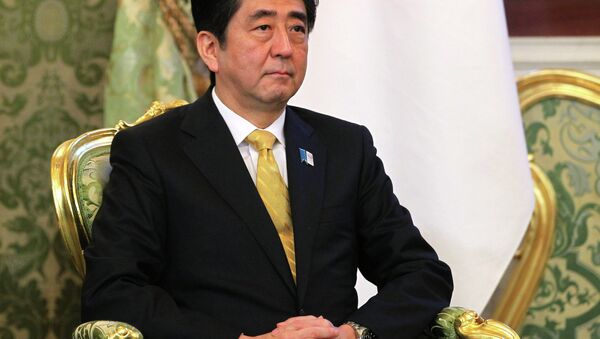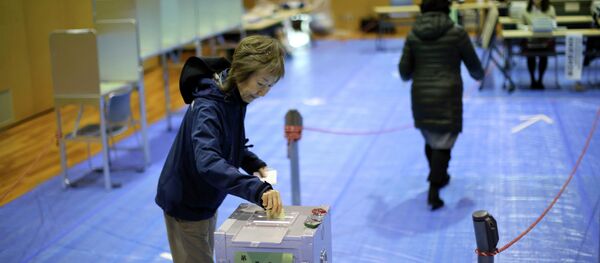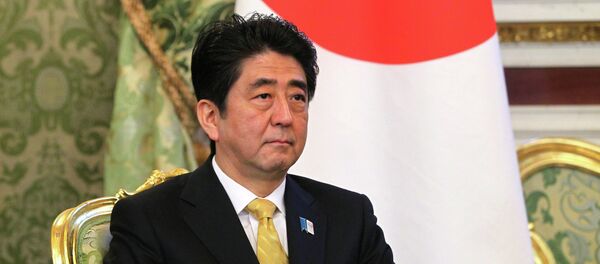AFP reports that according to an exit poll from Japanese private broadcaster TBS, Abe's Liberal Democratic Party is projected to win 294 seats, while its coalition partner the New Komeito Party is to win 34, a combined 328 seats in the 475 member lower house of Japan's parliament.
The ruling bloc went into the snap poll with a 325 seat majority after the 2012 election landslide win, at which the number of voters was however a record postwar low of 59.3%. According to Reuters, Sunday's projected victory has also come after a low voter turnout.
"This is not so much a vote of confidence in Abe and the LDP as a vote of no-confidence in the political opposition," Columbia University professor Gerry Curtis told Reuters.
Opinion polls published in the summer showed Abe's domestic approval rating had fallen below 50%, the lowest level since his December 2012 landslide election win.
According to Reuters, a November 10 survey found support for the government had fallen further to 44%, and speculation of a snap election was later confirmed by the Prime Minister's decision to dissolve parliament on November 21 in order to call the election two years ahead of schedule.
"I need to hear the voice of the people," the BBC reports Abe as saying about his decision. "I will step down if we fail to keep our majority because that would mean our Abenomics is rejected." According to the BBC in Tokyo, people on the streets "appear bumused" by the prospect of another election, victory in which will give Abe a mandate to pursue his ambitious economic reforms for another four years.
Abe first announced his Abenomics fiscal plan after the 2012 election, a program made up of three ambitious monetary, fiscal and structural "arrows" to improve the economy. The first monetary stimulus is a doubling of the Bank of Japan's inflation target to 2% via quantitative easing policies, accompanied by the second measure of heavy government spending. The third prong is to make structural changes including industry liberalization and corporate tax cuts, and aims to achieve better long term economic growth.




